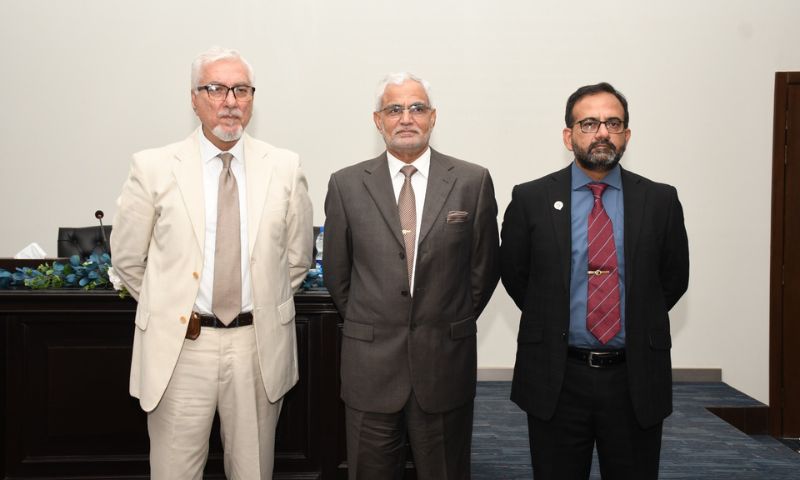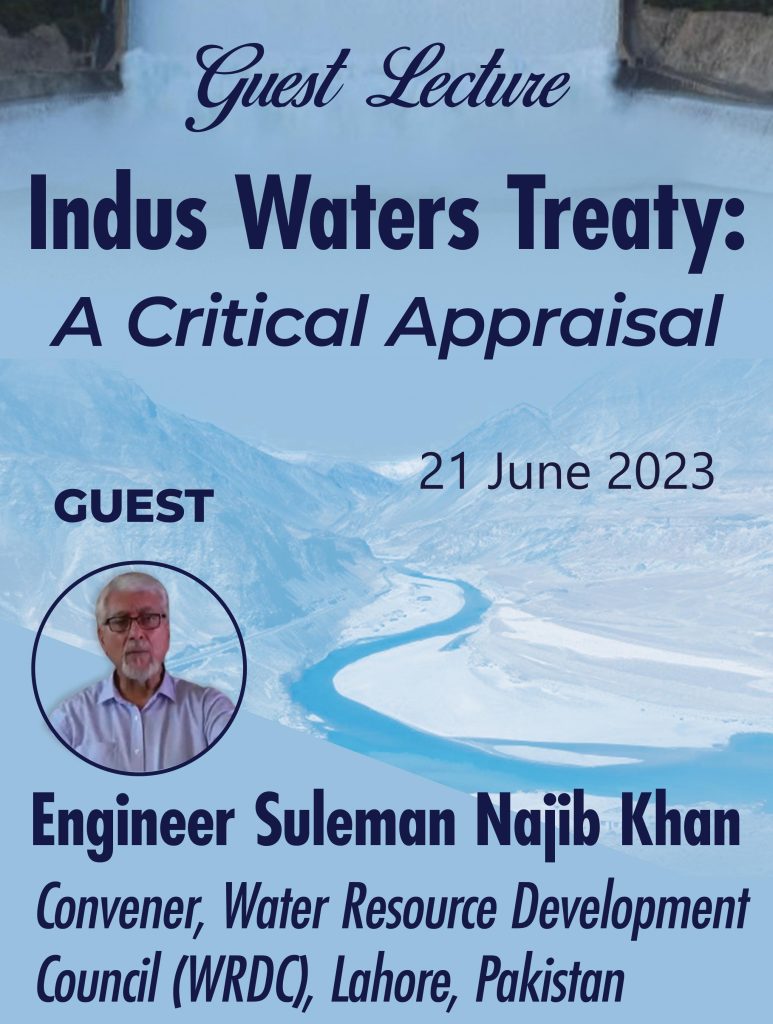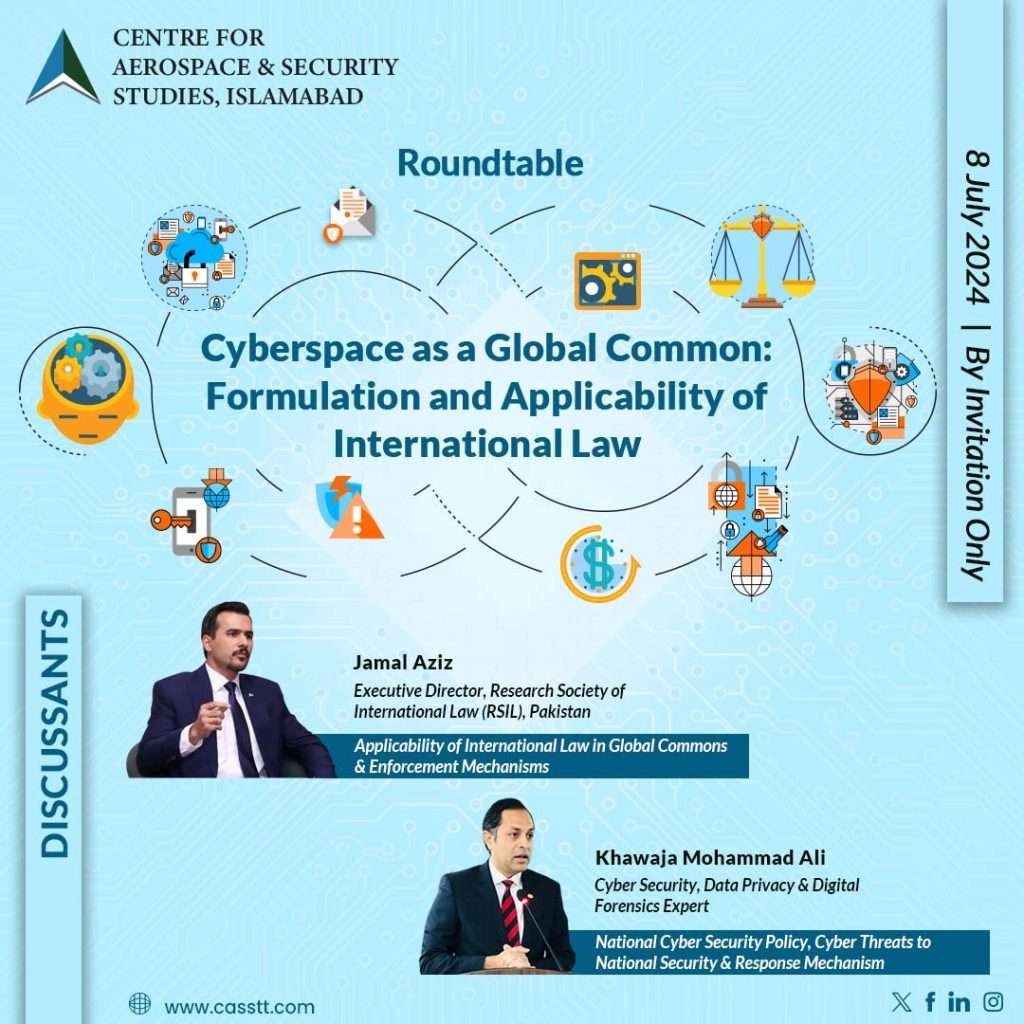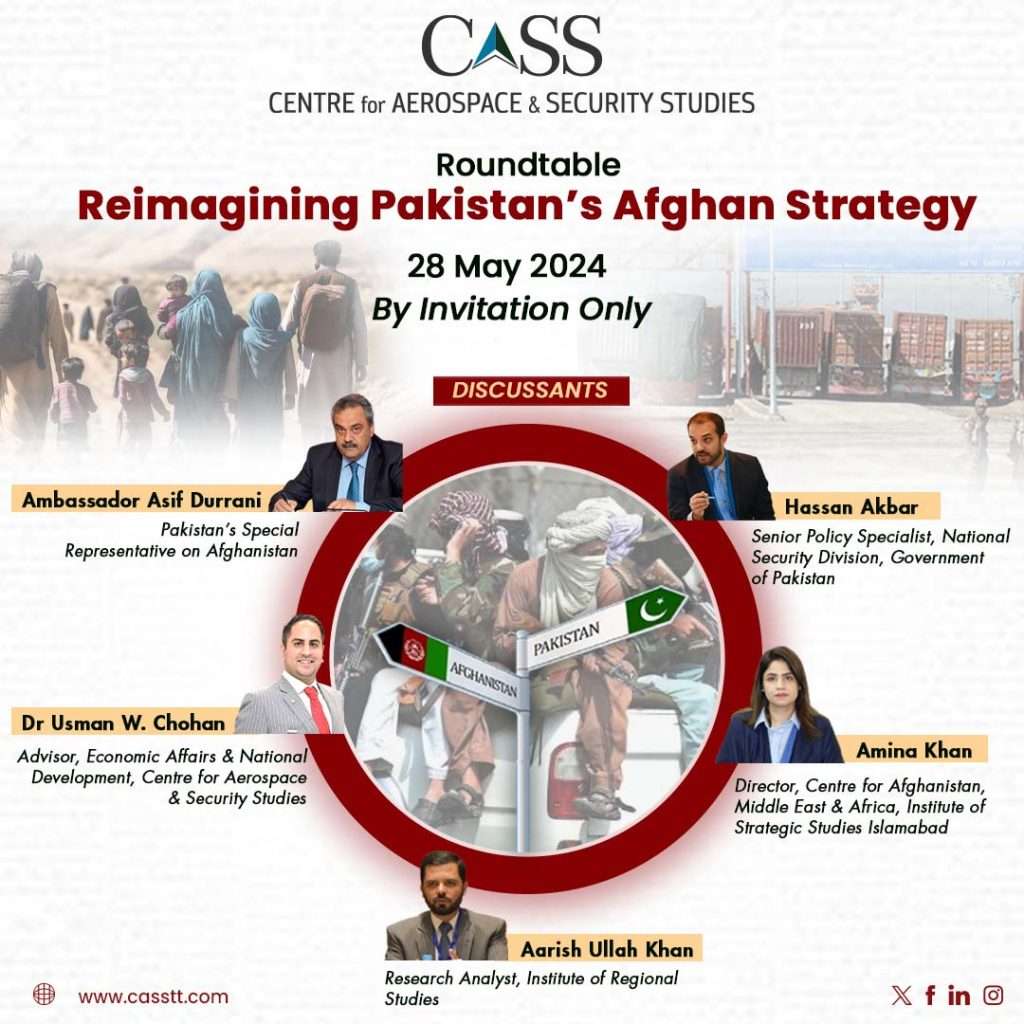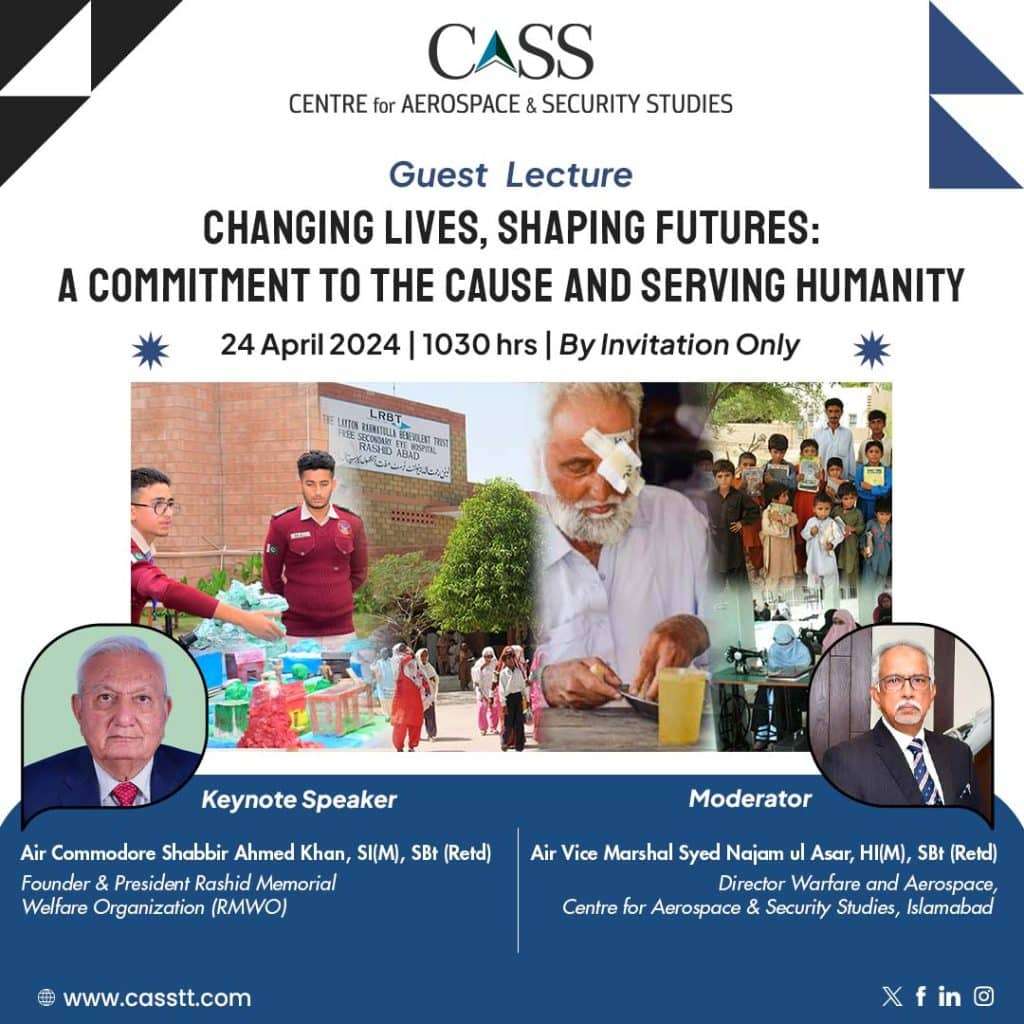Concept Note
Background
The Indus Waters Treaty (IWT) is a water-sharing agreement between India and Pakistan, signed in 1960 with the mediation of the World Bank. The treaty regulates the distribution of water from the Indus River and its tributaries between the two countries. Since its inception, the treaty has faced numerous challenges, with both India and Pakistan accusing each other of violating its provisions. However, in recent years, the situation has become more complex, with climate change, growing water scarcity, and India’s proposal to enter into intergovernmental negotiations for amendment in the IWT.
Objective
The objective of this Guest Lecture is to provide an in-depth analysis of the Indus Waters Treaty and its implications for Pakistan considering the recent development regarding the letter written by India for its renegotiation. The lecture aims to shed light on the challenges and opportunities presented by the treaty, and provide a platform for informed discussion on the subject.
The distinguished speaker will provide a detailed account of Pakistan’s perspective on the Treaty, including its historical context and current challenges. The lecture will highlight the impact of the Treaty on Pakistan’s economy, environment, and society, and explore the country’s options for securing its water rights under it.
The lecture will also examine the political and diplomatic dimensions of the IWT, particularly in the context of the India-Pakistan relationship. The speaker will provide insights into the geopolitical factors shaping the Treaty, including the role of regional powers and international organisations.
The proceedings will conclude with a discussion on the way forward for Pakistan in light of the challenges presented by the IWT, including diplomacy, legal action, and technological solutions.
Possible questions that will be explored include:
- What are India’s motives behind insistence for renegotiating the Indus Waters Treaty?
- What are the policy options for Pakistan to respond to Indian initiatives?
- How has India benefitted due to Pakistan’s inaction in the last two decades?
- How can Pakistan proactively combat water scarcity to achieve a water-secure future?
YouTube Link: https://www.youtube.com/watch?v=LPAm_W9HZQ0&t=2185s
Press Release
News Coverage
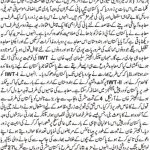


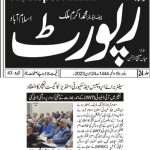
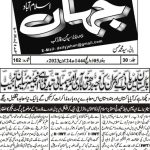
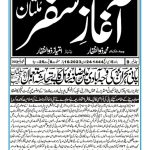
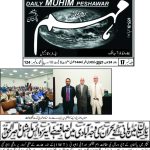
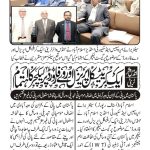
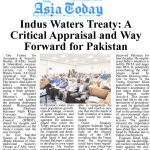
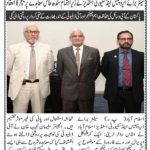
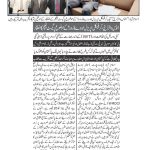
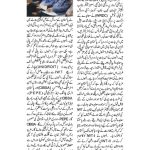
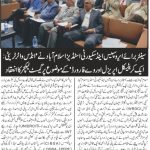
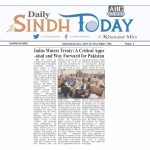

Newspaper Links


